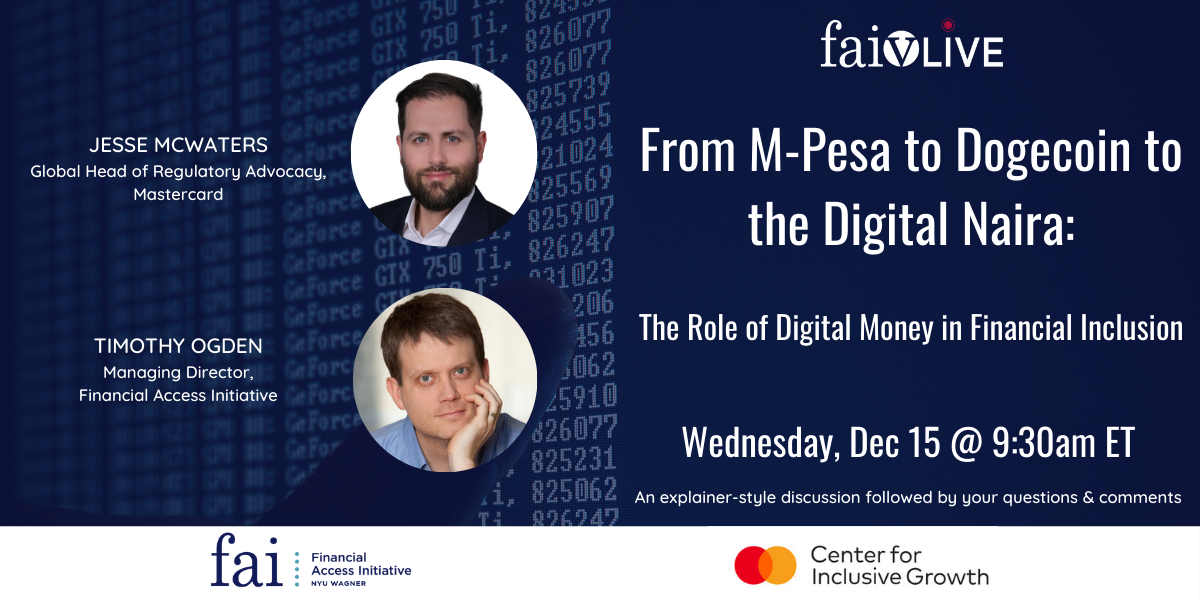Since 2007we got some advance notice of subprime-we have merged 2025report.com analysis first made in 1984 with collabs sustainability millennials research - see eg www.economistwomen.com - we have been trying to map where community collaborations entrepreneurially took back control of their own future sustainability (matching work on that my dad norman macrae first published in the economist in 1962; with support of eg romani prodi 1976 entrepreneurial revolution; and gifford pinchot intrapreneur 1982)
urgency multiplies when you consider half-time sdgs 2022=9; guterres timeline 2023 summitfuture:
we have come to the conclusion that the way tech interacts in the 2020s with the 5 primary markets revolving round sdg1-5 times together with xfactors (change to green, change infrastructure/commons, where humans give control to machines to run realtime systems ie humansAI matter most
so we will be paying particular attention to logging up zooms and diary of events round
g1 g2 g3 g4 g5 and these xfactors
we welcome collaborative recommendations chris.macrae@yahoo.co.uk
example
g1:21 12.1 -
|
|
About the WebinarAfter the success of M-Pesa in Kenya, mobile money leapt to the forefront of development conversations about financial access and inclusion. In the years since, digitalization has proliferated and diversified, from digital payments systems, to digital currencies backed by a central bank (CBDC), to cryptocurrencies. What does this mean for financial inclusion? Which uses of digital money can solve real access and inclusion problems, and which are techno-optimistic “solutions” in search of problems?
Join the Financial Access Initiative's Tim Ogden in conversation with Jesse McWaters, the Global Head of Regulatory Advocacy at Mastercard, to explore some basic frameworks for understanding the differences between the rapidly growing types of digital currencies. Through this session you’ll gain a better grasp of new and evolving digital means of exchange, how they interact, and what that means for pro-poor financial inclusion. We'll talk about how payments systems are different from digital currencies, and how digital currencies are different from cryptocurrencies. Do digital currencies fundamentally change the dynamics of inclusion and exclusion? What does crypto add (or subtract) from the story? What should you be paying attention to, what questions do you need to be asking, and what can you roll your eyes at? Then, we’ll have lots of time for you to ask questions or share your perspectives. |
|
Wednesday, December 15, 9:30am ET (US)
Click Here to Register |
|
|
This faiVLive is presented in collaboration with the Mastercard Center for Inclusive Growth. |
|
Tweet your questions to @financialaccess
Click here to register for the webinar |
|
|
| Copyright © 2021 Financial Access Initiative, All rights reserved. |
|
|
|

No comments:
Post a Comment